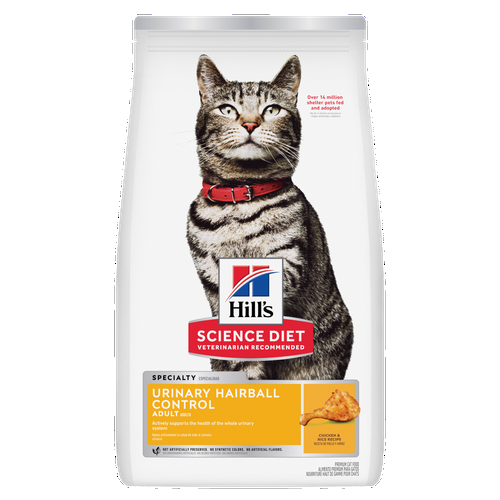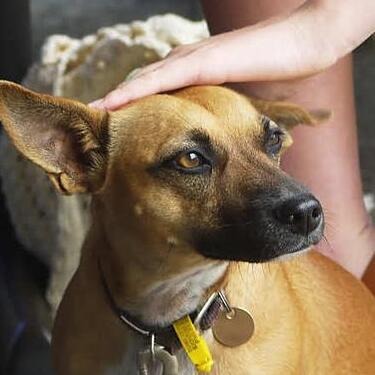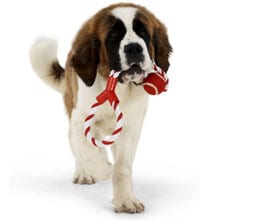
-
Find the right food for your petTake this quiz to see which food may be the best for your furry friend.Find the right food for your petTake this quiz to see which food may be the best for your furry friend.Featured products
 Hill's Science Diet Adult Oral Care Chicken, Brown Rice & Barley Recipe Dog Food
Hill's Science Diet Adult Oral Care Chicken, Brown Rice & Barley Recipe Dog FoodClinically proven kibble technology to reduce plaque & tartar build-up
Shop Now Adult 7+ Small & Mini Chicken & Brown Rice Recipe Dog Food
Adult 7+ Small & Mini Chicken & Brown Rice Recipe Dog FoodFor the unique nutritional needs of mature Small & Mini dogs
Shop Now Adult Small & Mini Lamb Meal & Brown Rice Recipe Dog Food
Adult Small & Mini Lamb Meal & Brown Rice Recipe Dog FoodFor the faster metabolism of Small & Mini dogs
Shop NowFeatured products Adult Urinary Hairball Control Chicken & Rice Recipe Cat Food
Adult Urinary Hairball Control Chicken & Rice Recipe Cat FoodActively supports the health of the whole urinary system
Shop Now Adult Indoor Chicken Recipe Cat Food
Adult Indoor Chicken Recipe Cat FoodSupports energy level and beautiful fur in indoor cats
Shop Now Hill's Science Diet Adult Sensitive Stomach & Skin Dog Food
Hill's Science Diet Adult Sensitive Stomach & Skin Dog FoodHighly digestible recipe, gentle on stomachs. Nourishes skin & promotes a lustrous coat
Shop Now -
Featured articles
 15 Pet-Friendly Cities Ideal for a US Road Trip
15 Pet-Friendly Cities Ideal for a US Road TripCheck out our list of pet-friendly U.S. cities that are excellent travel options, offering off-leash dog parks and pet-friendly restaurants & hotels.
Read More My Pet Ate a Lizard — What Should I Do?
My Pet Ate a Lizard — What Should I Do?Learn what to do if your pet eats a lizard, including whether they can be toxic and symptoms to keep an eye on when they've swallowed one.
Read More Easy DIY Dog & Cat Toys: Nine of Our Favorites
Easy DIY Dog & Cat Toys: Nine of Our FavoritesBrowse this comprehensive guide for several of our favorite DIY dog and cat toys that are sure to put a little pep in your pet's step.
Read More -


Diet and exercise: how to ensure your puppy grows into a fit and healthy dog
There are so many things you will have learnt about your new puppy when you first brought him home, not the least of which was be his diet. What you choose to feed him will depend on both of you, but bear in mind that a growing puppy needs more calories, minerals, protein and vitamins than a grown up dog.
There are so many commercial pet foods out there these days, and the price and quality varies hugely. So that you can make the best and right choice for your puppy, it will help if you have an understanding of the composition of the foods available.
What's on the menu for your puppy?
Chicken, liver, soy, rice, corn and oil. These are the raw materials that go into your puppy's food. But it's the quality of the ingredients that determines the digestibility and nutritional value of the diet you choose.
These ingredients provide the essential nutrients for your puppy: protein, fat, carbohydrate, vitamins and minerals. But it's important that these nutrients are in the correct proportions. Unsurprisingly, some pet foods have incorrect and unsuitable proportions of these nutrients, and poor quality, hard-to-digest ingredients. For more information on important ingredients click here.
There's such a vast number of different foods to choose from today, you might have difficulty knowing what's best for your puppy; it's almost certainly a good idea to ask your vet for advice before you decide.
How do you feed your puppy?
Sounds like a silly question, doesn't it? Far from it. As a matter of fact, there are several ways to feed dogs.
First, you need to decide whether you want to feed dried or canned food, or a mixture of both. Dry foods are generally more economical, especially for larger breeds of dogs. But both canned and dried foods can be nutritionally complete and balanced. Ask your vet for his advice or recommendation.


Tasty Tips
Complete or Complementary?
There's such a vast number of different foods to choose from today, you might have difficulty knowing what's best for your puppy; it's almost certainly a good idea to ask your vet for advice before you decide.
Exercise: essential for your puppy and good for you
When your puppy has had his course of vaccinations, you'll be keen to get him out and about. Exercise is vital. Not only does it help develop physical fitness, it is also mentally stimulating, and provides social contact. Click here to find out more about socialization.
Before setting out, decide on a suitable lead; maybe an extendable one until you're sure your puppy won't run off, or a harness if he pulls a lot.
Then you'll have to do a bit of homework to find out which parks and gardens allow dogs off the lead. Large country parks and fields can be great for dogs, but check they can let off the lead, and watch out for livestock. And don't forget the poop scoop.
Please don't overdo it
Daily exercise will develop your puppy's muscle strength and stamina but don't overdo things. Short, frequent walks are the order of the day. Although you may be tempted to roam the great outdoors with your new companion, remember he's still only a baby, and growing all the time. So try not to save all the "walkies" for long treks and weekends; they will overtire your puppy and can lead to bone and joint problems.
It cannot be overemphasised how important it is to control the rate and frequency of exercise. If you're at all unsure how much exercise is too much for your puppy, please ask your vet for advice and guidance.


One of our staff authors prepared this article for you
Related products

For the unique nutritional needs of mature Small & Mini dogs

Improves everyday ability to get up & go

For the faster metabolism of Small & Mini dogs

Clinically proven kibble technology to reduce plaque & tartar build-up
Related articles

Learn basic steps & precautions for treating a cut on your dog, including what you can put on the cut, and when you should take them to the vet.

Understand the role that Omega-6 and Omega-3 fatty acids play in your dog's overall health, and how you can ensure they are getting enough.

Discover how the field of dog science is giving us more and more insights into the inner workings of our furry best friends.

Your dog's coat and skin are a big part of your dog's overall health. Ensure you keep your dog's coat healthy, by following these simple tips.

Put your dog on a diet without them knowing
Our low calorie formula helps you control your dog's weight. It's packed with high-quality protein for building lean muscles, and made with purposeful ingredients for a flavorful, nutritious meal. Clinically proven antioxidants, Vitamin C+E, help promote a healthy immune system.
Put your dog on a diet without them knowing
Our low calorie formula helps you control your dog's weight. It's packed with high-quality protein for building lean muscles, and made with purposeful ingredients for a flavorful, nutritious meal. Clinically proven antioxidants, Vitamin C+E, help promote a healthy immune system.

